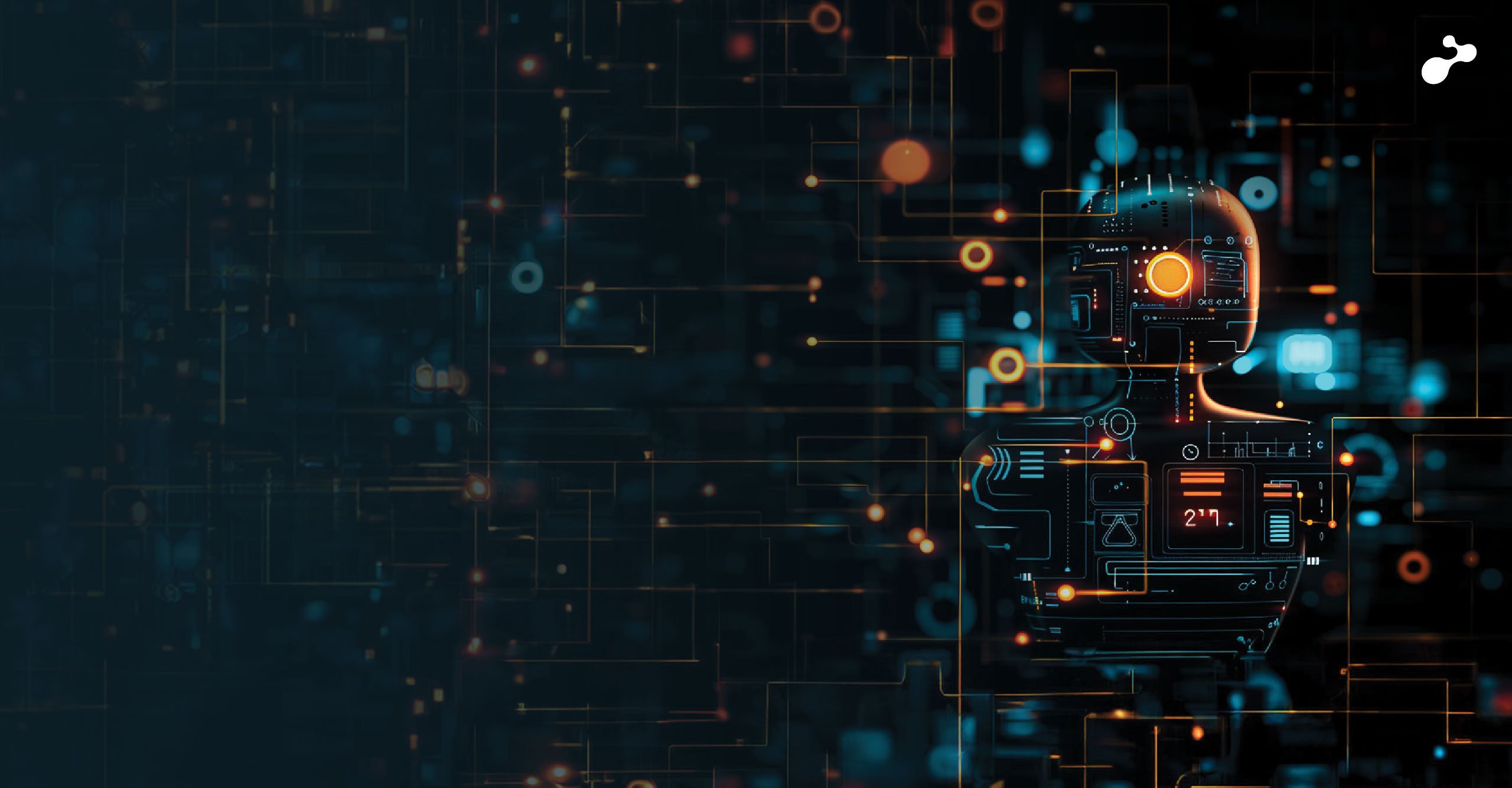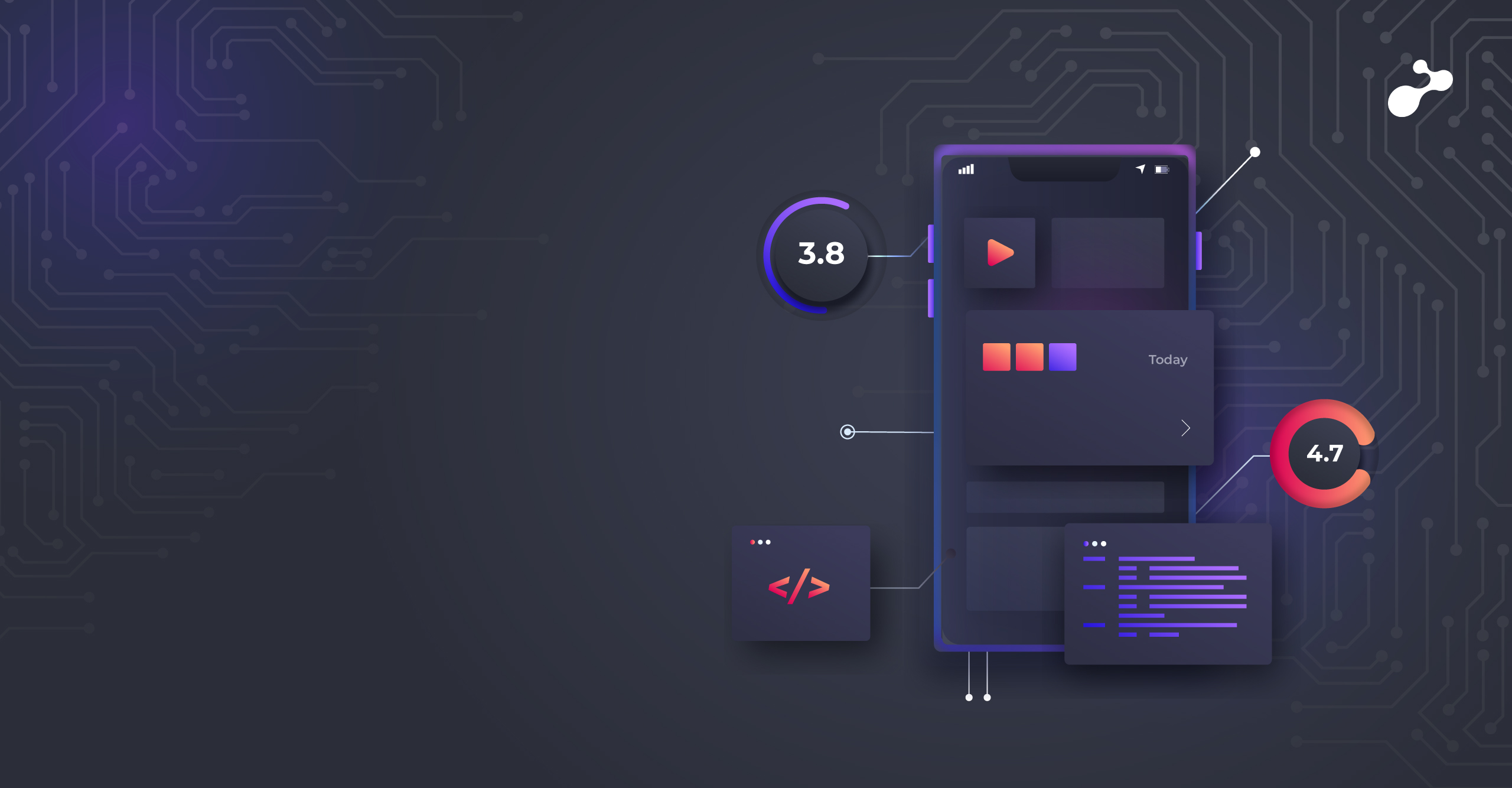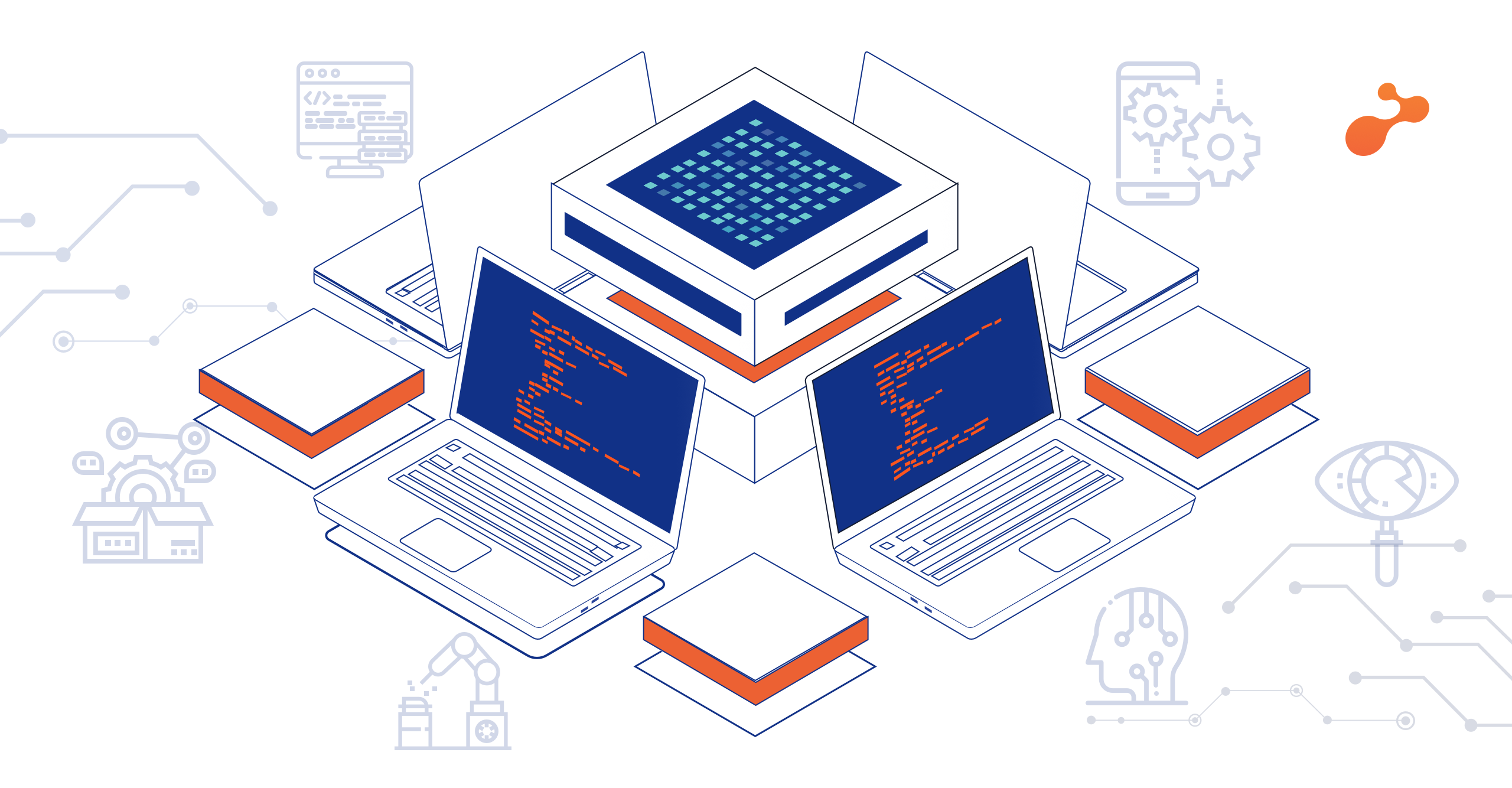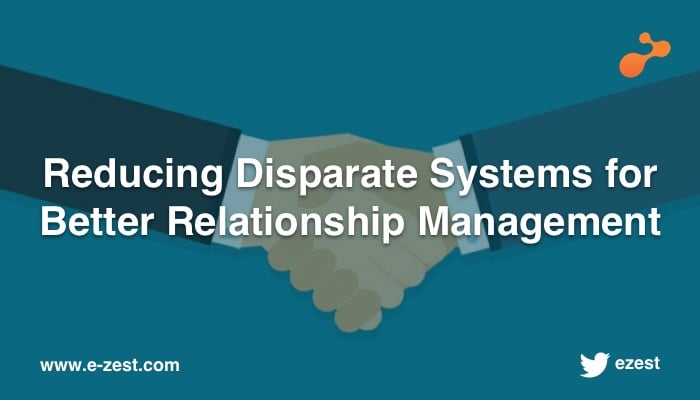We have already seen how the Survival Viable Product (SVP) helps product companies sail through difficult times like Covid. With cautious hope, it may be stated that we are inching towards normalcy. Sure, there are new strains and new waves microcosmically exploding all around the world but some markets are out of the initial shock of Covid. The stock indices are looking better, IPOs are finding oversubscribed bidders, consumer spending is improving and hopefully, so is IT spending.
What does it mean for our dear products now?
The obvious answer is dialing back to where we were. Let our products be restored to their former glory and let the releases fall as they would. However, that would not work and it wouldn’t even take a mildly attentive reader to guess that.
The recovering world is not the same as it was before the world plunged into the pandemic. Though IT spending may have been quite restored, we can expect buying decisions to be more thoughtful than before. Most spending in IT is very decision-intensive unlike the fresh frenzy of spending we see in reopened restaurants and shops. Hence, the “pull” for our features that has been carefully restored, may easily be toppled by the new strain on the horizon or whatever next challenge that is in store for mankind or markets. In such a time as this, we need to go back to our drawing board and start re-drawing, but cautiously.
The Recovering Viable Product (RVP) has survived the storm. It has seen its customers and/or revenue go away. Features were shelved, backlogs were turned on their heads. But now, hope has come back afresh. New orders have come in. This is where the new firepower needs to be put to the most judicious use. The answers to questions like, “Which feature is likely to go away in the event of another lockdown?” and “Which is the one feature that returning customers have missed the most?” can drive the priorities for the renewed, recovered product. Concepts getting a little theoretical? Let’s delve into an example.
A feature to pay credit card bills automatically- that isn’t going anytime soon, lock down or not. But what about the integrations that generate the offers that entice people to pay bills? If I am in the UK, enticing me to buy a short staycation over Christmas will upset me as fresh lockdown rules will make any travel plans obsolete. Hence, any such offer is best seen suppressed at this time. However, is it a travel ticket to Aleppy in Kerala (where I am from), India? Not a bad idea.
What about a feature that helps customers take a payment holiday? Will it still be relevant now? That entirely depends upon the industry. Is the business about managing events in or around Europe? If that business or its directors asking for a loan, be assured that payment holidays are going to be crucial and not being able to support it will lead to last minute rushes to push those features in. A question like this may also help introduce a modified feature i.e. detecting a business type and the region and making a certain kind of automated decision based on the two.
The examples stated may seem obvious- I know they seem obvious, almost childlike when writing them. But it is actually difficult to detach from the day-to-day and take an “outside” view of the situation we are in. Plans have a way of being blindly followed, especially in near turbulent times because not following them would just lead to utter mayhem. That’s completely acceptable, but as product owners we also need to ask if doing something makes sense in the larger context. These asks serve as screens before plugging back new features in the backlog. Sometimes, these features may also be analyzed freshly in the context of the new normal.
The Recovering Viable Product (RVP) will be the closest to MVP. It will be the true product vision seeing realization. It will also possibly have a slightly distorted view of perfection and we as product owners must be ready to accept the distortion with forethought and grace. The forethought comes from knowing what might or might not be needed in the imminent future. The grace comes from the humility that we have all learned a lesson or two about in the past few months.








